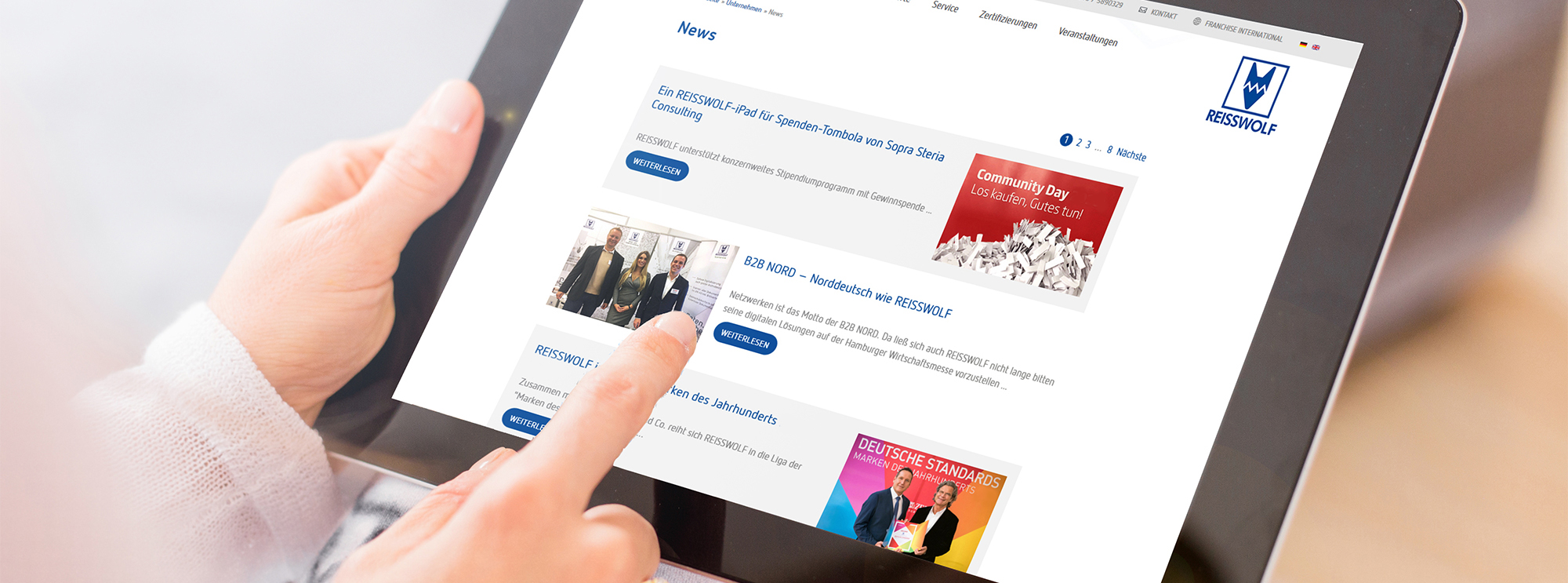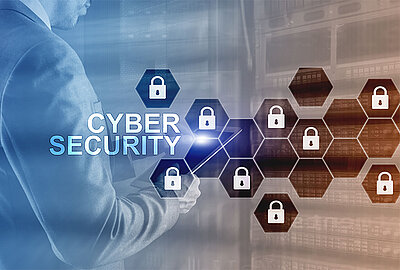The world of work has changed dramatically in 2020 Corona conditioned. Many companies and employees have switched to working from home, and that won't change anytime soon in 2021. However, remote workplaces often lack adequate security concepts. That's why security experts predict that online attacks on the home office will continue to increase in 2021.
Here's a look at the top 10 security trends in 2021
- Synchronization and time server hacks
Disabling Network Time Protocol (NTP) and Windows time server synchronization standards can cause server licensing and batch-based transactions to fail, for example. This makes it easier for hackers to attack key IT structures and back-end processes - Influencing machine learning processes
More and more companies are turning to automated processes. If cybercriminals succeed in gaining access to original training data, they can manipulate it and create a self-learning system by injecting data to corrupt the integrity of data. - Machine Learning Attacks
To attack IT systems and networks, cybercriminals abuse artificial intelligence (AI). Machine learning engines are selectively trained with data from successful attacks to identify and spy on patterns and vulnerabilities in security systems ever more quickly. - Deepfake attacks
Using AI, deepfake attacks create video, audio and image files with deceptively real-looking fake identities. Experts believe that at some point it will no longer be possible to tell whether you are communicating with a real person or a "fake person." - Remote access attacks
Attacks on home workstations using phishing methods via email, voice, text and instant messaging messages can also be expected to continue. - GDPR laws overwhelm companies
International companies are challenged to implement the court-extended data protection laws on data exchange between Europe and the US as quickly as possible. This involves processing customer data and ensuring and developing procedures and notification policies for required data deletion and breaches. - More social media attacks
Insecure authentication and verification methods enable hackers to penetrate corporate networks via social media. - Users become the plaything of hackers
Through extortion and bribery, or by threatening to release stolen data, hackers attempt to gain access to corporate networks or force ransom payments. - Cyber insurance on the rise
More and more companies are protecting themselves against data theft with cyber insurance. - Increased theft of digital identities
When IT systems and services are accessed outside the corporate network or data center environment, functioning identification mechanisms are the best protection against cyberattacks.
10 predictions that show that the security and protection of data is more important than ever. However, for all the cyber scenarios, it should not be forgotten that countless physical data is also generated every day, especially in remote workplaces. And whether it's invoices, notices, correspondence or sensitive customer data, none of it belongs in the household trash or regular paper garbage can.
If you want to be sure that your documents are also safe at remote workplaces, then try our REISSWOLF Homeoffice. Box. In it, you collect and store your physical documents in a GDPR-compliant manner until certified document destruction - no matter where you work from.
More information about the REISSWOLF Homeoffice. Box.

